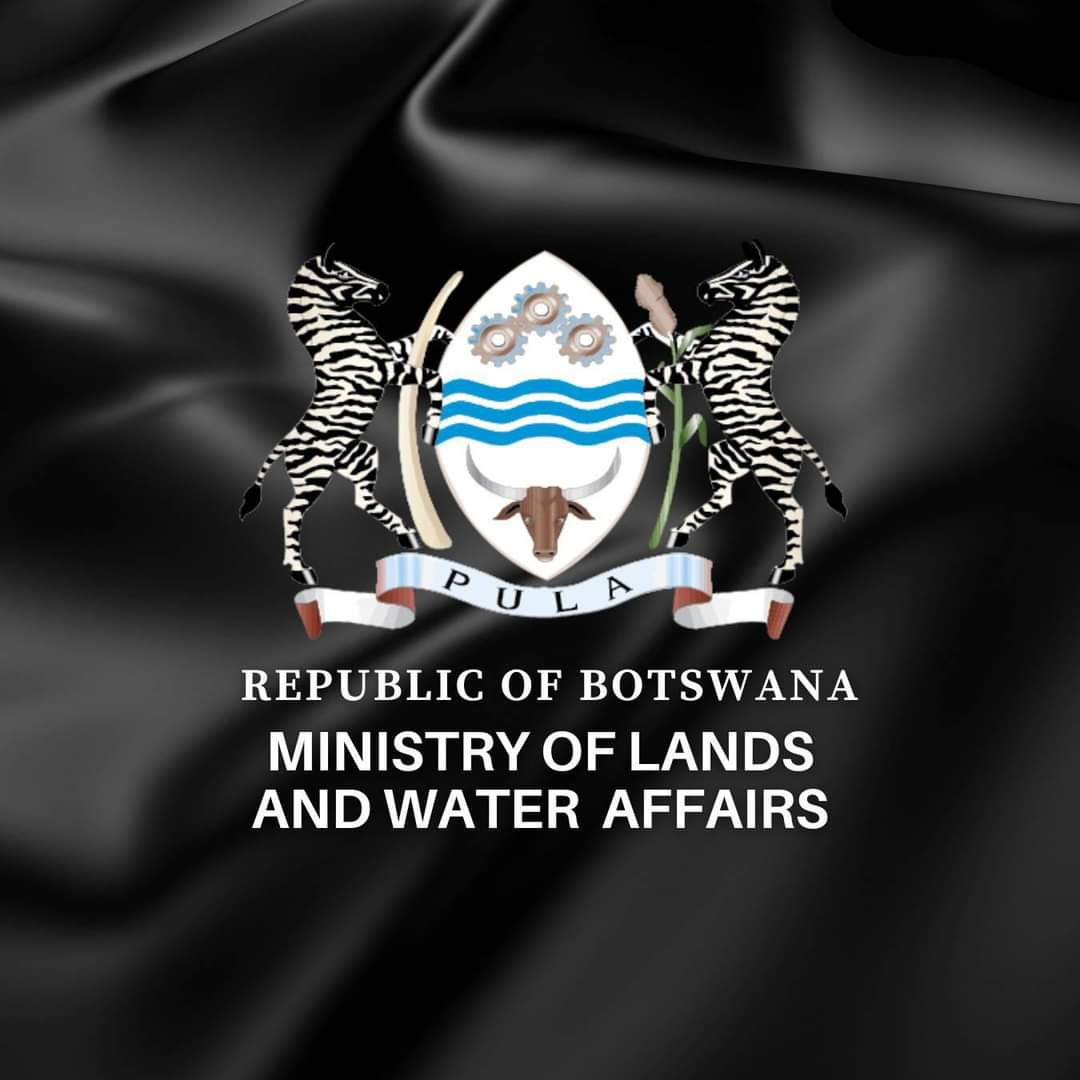Gaborone, Botswana — In a significant milestone for the nation’s land management and development strategy, the Ministry of Lands and Water Affairs has successfully achieved the ambitious target of allocating 100,000 plots, a goal set by President Dr. Mokgweetsi Masisi in 2022. This accomplishment marks a major step forward in addressing the pressing issue of land availability and distribution in Botswana, fostering socio-economic development and ensuring equitable access to land for citizens.
A Vision Realized
President Dr. Mokgweetsi Masisi’s directive to allocate 100,000 plots was part of a broader vision to stimulate economic growth, reduce land shortages, and enhance the living standards of Batswana. This goal was integrated into the national development agenda with the aim of promoting home ownership and facilitating various development projects across the country.
The Ministry of Lands and Water Affairs, led by Minister Kefentse Mzwinila, took on this challenge with a comprehensive and strategic approach. Through meticulous planning, resource allocation, and community engagement, the Ministry has not only met but also surpassed expectations, setting a precedent for future land management initiatives.
Strategies and Implementation
The successful allocation of 100,000 plots was the result of several key strategies:
- Streamlined Processes: The Ministry undertook a rigorous review and overhaul of existing land allocation processes. By leveraging technology and implementing efficient administrative practices, the process of land allocation was significantly accelerated.
- Public Engagement: Regular consultations with local communities and stakeholders ensured that the allocation process was transparent and inclusive. These engagements helped in identifying and prioritizing areas with the highest demand for land.
- Capacity Building: Enhancing the capacity of land boards and related agencies was crucial. Training programs and resource provision ensured that these bodies could handle the increased workload effectively.
- Monitoring and Evaluation: A robust system for monitoring and evaluation was put in place to track progress and address any emerging challenges promptly. This proactive approach helped in maintaining the momentum towards achieving the target.
Impact and Benefits
The allocation of 100,000 plots has had far-reaching impacts on Botswana’s socio-economic landscape. Key benefits include:
- Increased Home Ownership: Thousands of families now have the opportunity to own land and build homes, fostering stability and improving quality of life.
- Economic Growth: The construction and development activities spurred by new plot allocations have generated employment and stimulated local economies.
- Urban and Rural Development: The strategic allocation of plots in both urban and rural areas ensures balanced development and mitigates urban overcrowding.
- Investment Opportunities: With more land available, there has been an uptick in investments, both from local and international entities, further boosting economic prospects.
Looking Ahead
While this achievement is commendable, the Ministry of Lands and Water Affairs remains committed to sustaining this momentum. Minister Mzwinila emphasized that ongoing efforts will focus on addressing any remaining land allocation backlogs and continuing to improve the efficiency of land services.
Moreover, the Ministry plans to embark on new initiatives aimed at enhancing land use planning and management, ensuring that land resources are utilized sustainably and benefit the widest possible segment of the population.
The Ministry of Lands and Water Affairs’ achievement in meeting the 100,000 plot allocation target set by President Dr. Mokgweetsi Masisi stands as a testament to effective governance, strategic planning, and dedicated public service. This milestone not only fulfills a critical national objective but also lays a strong foundation for continued progress in land management and socio-economic development in Botswana.
As the nation celebrates this accomplishment, it is clear that the proactive and inclusive approach taken by the Ministry can serve as a model for future initiatives aimed at enhancing the well-being of all Batswana.










